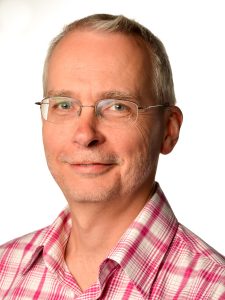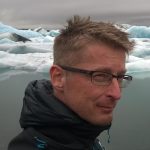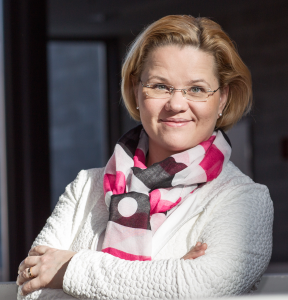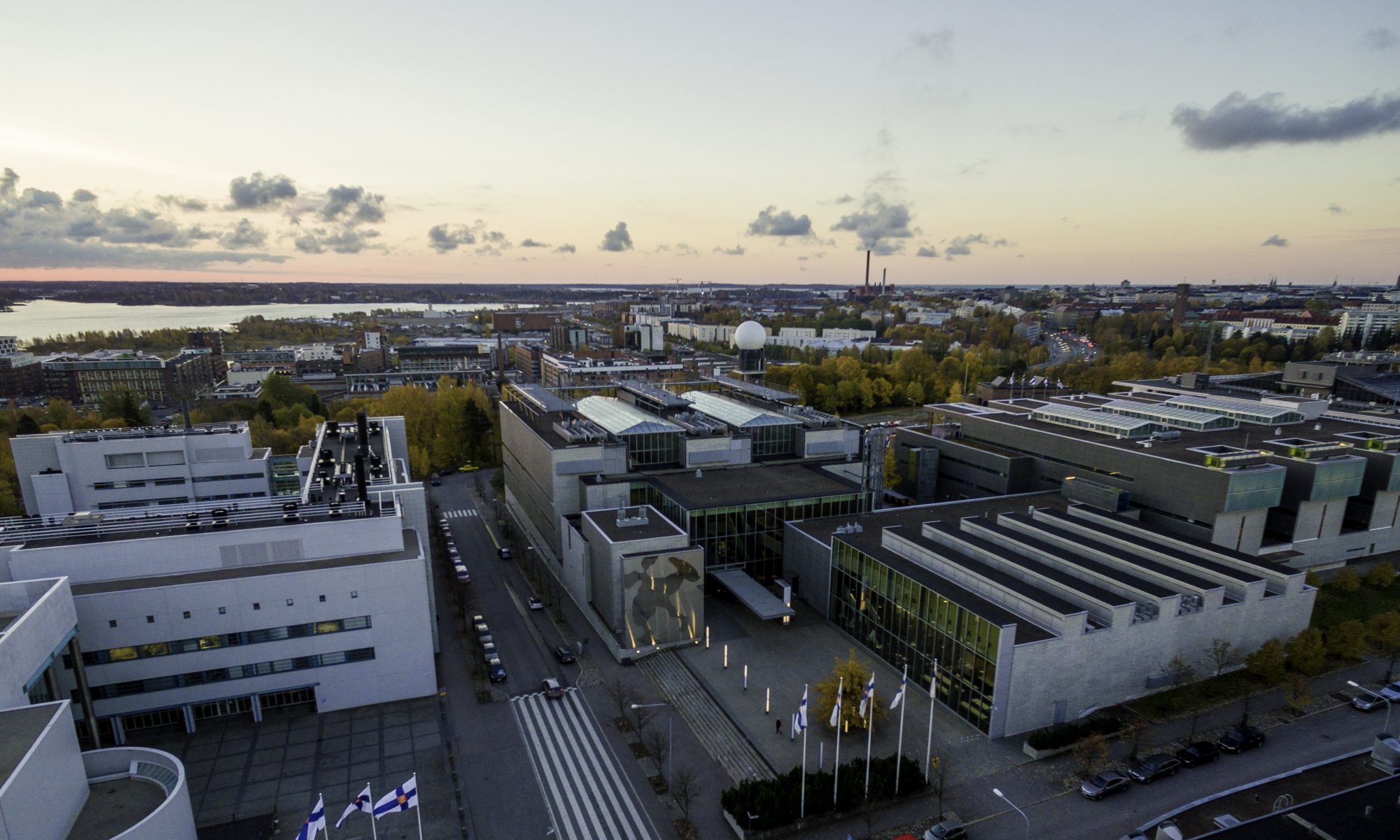The Physics Departmental Colloquia are finished for the 2017-18 academic year. Thanks to everyone who came along and helped to make it such a success! Please keep sending us your suggestions and feedback for next year.
18th May 2018 at 14.15 in E204: Mark Hindmarsh
 Our final colloquium for the spring semester will be held on 18th May. Our speaker will be Mark Hindmarsh, professor of theoretical physics at the University of Sussex, and visiting professor at Helsinki. His work is principally concerned with the exciting topic of gravitational waves produced in the early universe, and so the title of his talk is Higgs Fizz in the Big Bang. Exceptionally, his talk will be in E204.
Our final colloquium for the spring semester will be held on 18th May. Our speaker will be Mark Hindmarsh, professor of theoretical physics at the University of Sussex, and visiting professor at Helsinki. His work is principally concerned with the exciting topic of gravitational waves produced in the early universe, and so the title of his talk is Higgs Fizz in the Big Bang. Exceptionally, his talk will be in E204.
Here is his abstract:
About 10 picoseconds after the beginning of the Universe, the Higgs field turned on. In extensions of the Standard Model of particle physics, this could have been a first order phase transition, with bubbles of the Higgs phase expanding and colliding at relativistic speeds. I will discuss how the Higgs “fizz” generates gravitational radiation, prospects for observing the radiation at the future space-based gravitational wave detector LISA, and outline how LISA complements the LHC as a probe of physics beyond the Standard Model.
After the 30 minute talk, there will be a cocktail reception. Welcome!
Update 21.5.2018: Mark’s slides are available to download here.
13th April 2018 at 14.15 in D101: Ilpo Vattulainen
 Our fourth colloquium again features a new professor giving a first talk to their peers in Kumpula. On 13th April Ilpo Vattulainen will speak about his work and how it connects physics to the life sciences, in a talk titled A physicist’s random walk in the life sciences.
Our fourth colloquium again features a new professor giving a first talk to their peers in Kumpula. On 13th April Ilpo Vattulainen will speak about his work and how it connects physics to the life sciences, in a talk titled A physicist’s random walk in the life sciences.
Here is his abstract:
We have five primitive needs: food, warmth, security, pleasure, and health. In this colloquium, we will discuss how physical sciences can reveal secrets related to health. Quite surprisingly it appears that we know quite little about biological structures and phenomena that maintain our health, yet we often take them for granted. Our skin protects us from forbidden substances, however its structure is still a genuine mystery. The surface of our eyes protects us from the dry eye syndrome, but we do not understand how. The beating of our heart keeps us alive, yet we do not fully understand how the signaling in our cells controls the beat. Given how fascinating it is to examine these challenges, it is a true privilege to be a physicist: the toolbox of physics provides the means to reveal the principles and mechanisms that nature uses to maintain life and foster our health.
After the 30 minute talk, there will be a cocktail reception. Welcome!
Update 25.4.2018: You can watch a video of Ilpo’s talk here:
28th March: Stephen Hawking Symposium

On Wednesday 28th of March we will hold a special event to celebrate the life, work and influence of Stephen Hawking. Coffee will be served from 16.00, then we will have a series of talks by experts from across the university: Kari Enqvist, Esko Keski-Vakkuri, Paavo Pylkkänen and Pentti Tienari, chaired by Director of the Helsinki Institute of Physics Katri Huitu. The talks will start at 16.30 in D101, Physicum, and the programme is expected to finish at 18.00. The talks will be accessible to a general audience. Welcome!
During this event (in particular during the coffee 16.00-16.30 and after the discussion 18.00-18.30) we will have a “memorial booth” in the Physicum lobby. We invite everyone to come and pay their respect to Hawking through a Hawking-related story: how his work has inspired you to pursue a career in Physics, or any other short anecdote about Hawking and his legacy. The stories will be filmed and collected into a “Hawking memorial video” from the Department of Physics in collaboration with The Science Basement.
16th March 2018 at 14.15 in D101: Minna Palmroth

Our third colloquium of 2018 will take place on 16th March. Giving an inaugural lecture to the Department will be Minna Palmroth, Professor of Computational Space Physics and Director of the new Finnish Centre of Excellence in Research of Sustainable Space.
Her talk, titled Space is the new black!, will discuss exactly those topics that will be the focus of the new Centre of Excellence, including the societal and economic impact of space physics research.
Here is her abstract:
We are entering an age, where increasing numbers of players reach towards space. In addition to the old players – countries and space agencies, the new kids on the block are commercial companies, which build and launch small satellites to harness the economic potential of space. We are experiencing this global change also in Finland, as two new startup companies are basing their business strategies on satellites. What does this mean in terms of utilisation of space? At least the new satellites will eventually contribute to the more than 5000 tons of debris existing in space already. Once on orbit, those new spacecraft will encounter a dynamic environment, controlled by external drivers and internal processes. This talk reviews the rapid change that space has experienced over the last couple of years, and discuss the consequences and potential scientific benefits of this change.
After the 30 minute talk, there will be a cocktail reception. Welcome!
Update 6.4.2018: You can watch a video of Minna’s talk here:
